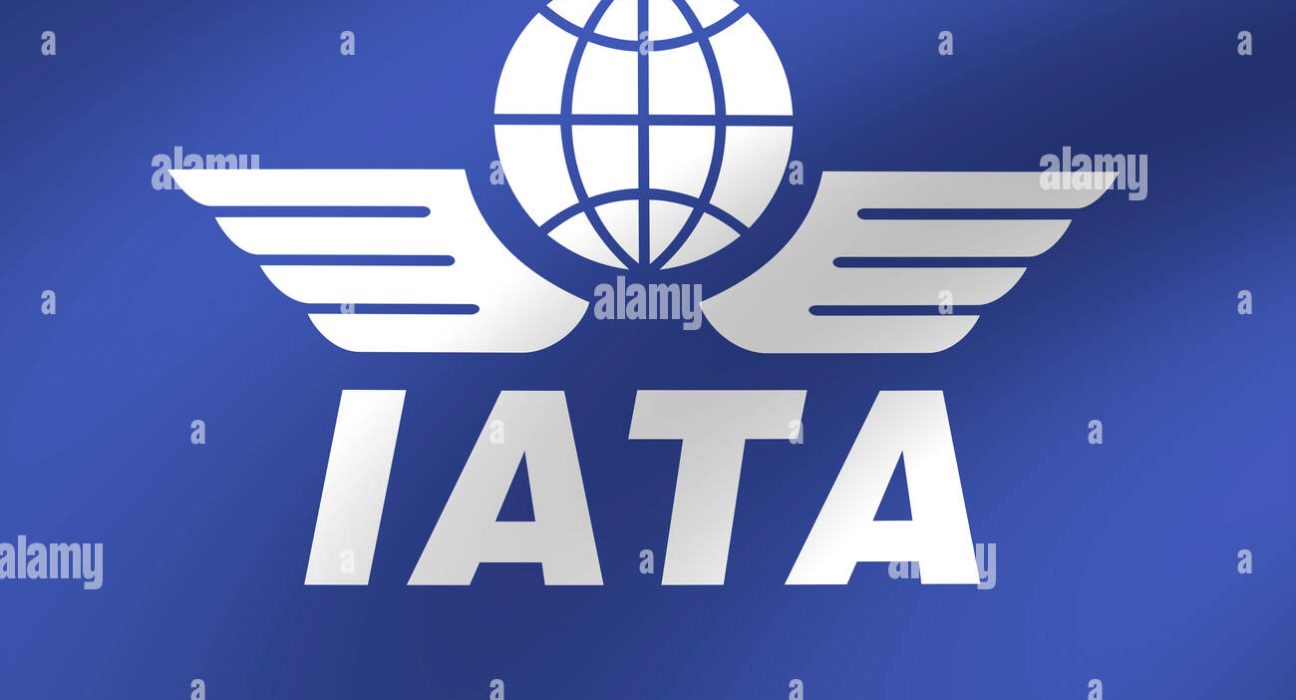
The International Air Transport Association (IATA) has highlighted three critical priorities for sustained progress in aviation safety.
The global body insisted that to sustain and improve safety in air transport, there must be continuous focus on strengthening global standards, cultivating safety culture and maximising the use of date.
IATA made this known at the opening of the on-going 2024 IATA World Safety and Operations Conference in Marrakech, Morocco yesterday.
IATA pointed out that these areas are critically important in order to improve performance in the face of growing operational challenges, numerous regional conflicts and evolving cybersecurity threats.
The Association disclosed that over 4.4 billion travelers flew safely in 2023 despite the increasingly complex operating environment; so, to progress even further, airlines must prioritize global standards, including implementation and continuous modernization of their operations.
“Safety is aviation’s main priority. Over 4.4 billion travelers flew safely in 2023 despite an increasingly complex operating environment. To progress even further, we must prioritize global standards—implementation and continuous modernization. We must also continue to cultivate a safety culture with an emphasis on collaboration and strong leadership. And we must utilize the rapidly growing capabilities of data analysis to better understand risks and drive innovation. Together, these are a winning strategy to make our safe industry even safer,” said IATA’s Director General, Willie Walsh.
Walsh emphasized that global standards and best practices are vital to sustaining and driving safety improvements, which must be embraced by airlines and regulatory agencies.
IATA outlined two critical examples, which include transition to risk-based IATA Operational Safety Audit (IOSA) that provides globally recognized safety standard for airline operations with a 20-year history of supporting safe operations.
It disclosed that the 2019-2023 average accident rate of IOSA airlines was 0.84 per million sectors which is almost three times better than the non-IOSA average of 2.24, remarking that a growing number of governments are adopting IOSA for use in their safety oversight programs.
“The transition to Risk-based IOSA Audits, which focus on addressing specific risks relevant to individual airlines, will further strengthen the audit’s efficacy. A total of 63 risk-based audits have been conducted since 2023 when the program began, and the full transition will be completed by end of 2024,” IATA said.
IATA identified the second factor as timely publication of aviation accident reports, noting that accident investigation reports are a critical safety resource enabling the industry to continuously learn from understanding the root causes of accidents.
It indicated that since 2018, the latest IATA Annual Safety Report has highlighted that only 48% of accidents have had a final report published, as required by Annex 13 of the Chicago Convention, insisting that this gap must be addressed.
“IATA calls on all governments to prioritize meeting this essential safety obligation. A working paper and five-point plan, developed by IATA and backed by multiple states, will advance to the International Civil Aviation Organization (ICAO) Assembly next year,” the Association said.
The third priority is safety culture, which the global body said plays an essential role in aviation safety, emphasizing that to build a strong safety culture, senior leaders must create an environment where employees feel empowered to raise safety concerns, supported by clear and accessible processes that ensure issues are addressed swiftly and effectively.
“Additionally, fostering open channels for sharing safety improvements across the industry is critical to driving progress,” it added.
In order to strengthen aviation’s safety culture further, IATA, with input from across the industry, has developed safety leadership charter, which initiative enhances safety culture with a commitment to eight fundamental safety leadership principles. The charter commits aviation leaders to foster a safety-oriented culture across their organizations. The number of airline CEOs committed to the charter has reached 100.
The second principle developed by IATA is IATA Connect, which is an online platform and app that enhances collaboration and safety oversight. It is a central hub for airlines, auditors, and regulators to easily access critical safety-related information and guidance, including IOSA documentation, the Safety Issue Hub, and Safety Connect (a safety issues discussion forum). This, IATA stated, simplifies information sharing, supports risk management with data-driven insights, and promotes collaboration.
IATA reiterated that data is vital for continuous improvement in aviation safety, particularly as big data, machine learning and artificial intelligence capabilities advance.
With the Global Aviation Data Management (GADM) programme, IATA said it is taking a leading role supported by growing industry data assets.
“By analyzing data from sources such as the Flight Data eXchnage (FDX) and the Incident Data eXchange (IDX), critical insights are identified that enable airlines and regulators to make informed decisions. For example, by using GADM data, IATA identified new areas where GPS signal loss was becoming a safety risk, providing critical insights to industry safety professionals that has allowed them to address risks associated with this,” the Association stated.
It also noted that IATA’s Turbulence Aware platform shares data in real-time enabling pilots and dispatchers to mitigate the risks stemming from inflight turbulence.
“The role of data in aviation will only grow. By analyzing and sharing data from multiple sources and millions of flights we can see patterns that would otherwise be undetectable. And from this analysis we will find innovations that will improve safety, raise efficiency to the next level and contribute to our net zero carbon emissions by 2050 goal,” said Walsh.







